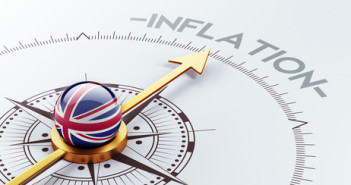Carney’s bullish comments sent the pound higher, but doubts remain.
The team at Credit Agricole pours some cold water:
Here is their view, courtesy of eFXnews:
The latest GBP-rally reflects investors’ bets on growing policy divergence between the increasingly hawkish BoE and dovish central banks like the ECB, the SNB and the BoJ.
What puzzles us is the apparent resilience of GBP against USD, despite the fact that the Fed also seems on course to hike rates even sooner than the BoE.
Investors also seem to ignore the very close economic ties between the UK and the rest of Europe. They should limit the ability of the BoE to de-couple from the ECB and, by implication, the scope for further GBP-rally against EUR.
In particular, we note that following the global financial crisis in 2008 there was a significant increase of inbound FDI as a result of which important parts of the UK industry became parts of (mainly European) vertically integrated supply chains.
As part of these supply chains, the UK is importing foreign inputs for the production of outputs that are sold predominantly domestically. This had two important implications for the currency:
1) The first is structural deterioration of UK’s trade balance especially vis a vis the EU. Wide trade deficits should continue to act as a break on any GBP-rallies from here.
2) Secondly, UK imports Eurozone deflation through the lower prices of the imported European inputs. As an example of how the recent surge in European FDI into the UK is acting as a drag on UK inflation, consider the ongoing price wars between the German food retailers, who entered the UK market in recent years, and the UK incumbents. As a result of the wars measures of food and clothing inflation like the BRC shop price index remain into negative territory for a second consecutive year.
For lots more FX trades from major banks, sign up to eFXplus
By signing up to eFXplus via the link above, you are directly supporting Forex Crunch.
